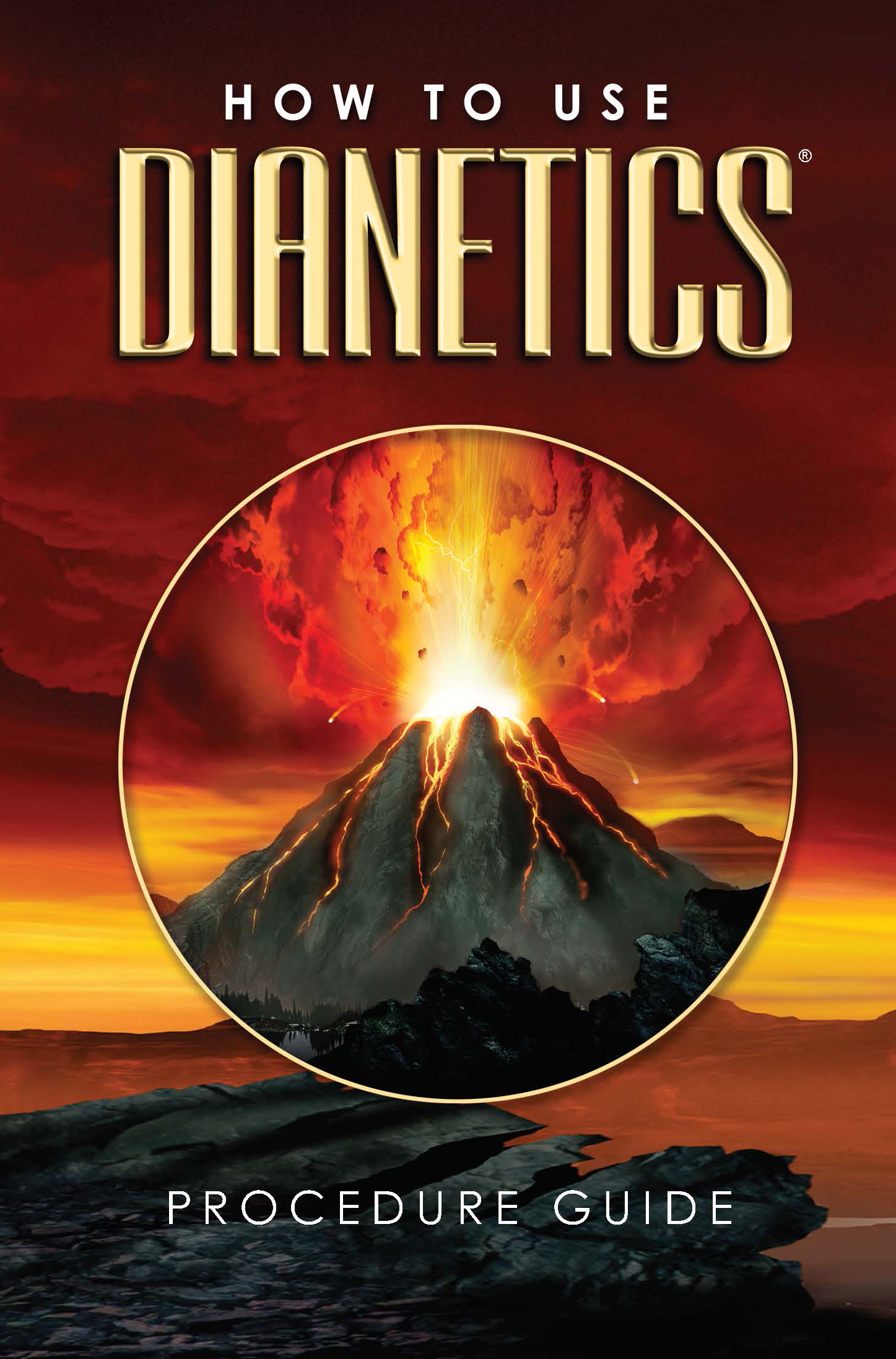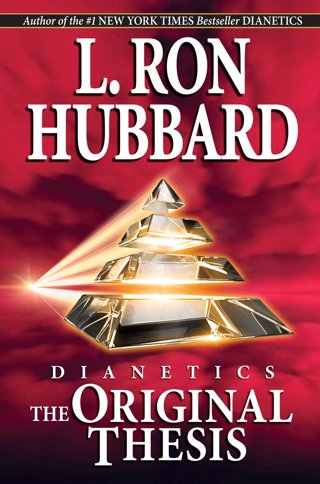About Dianetics
Some Known Factual Statements About Dianetics
Table of ContentsThe Basic Principles Of Dianetics The Best Strategy To Use For DianeticsDianetics Can Be Fun For AnyoneSome Known Facts About Dianetics.
I could not ever before not want to obtain anything that enters your mind for you- if it was otherwise, I wouldn't be resting right here with you, doing this. I not only can never have an issue, or not wish to hear something that comes to mind for you, yet I'm totally anxious to know every idea, every thought, every photo or feeling that arises or manifests for you- don't ever before assume otherwise, and if somehow you do, please just allow me understand! Occasionally, you may have an idea, and picture, concept or event turn up that does not seem to respond to the question, or connect to it, but nonetheless, constantly do tell me concerning it, and as we continue, the significance will certainly arise for you.This is intrinsic in the basis of handling, and the subject of this discussion: the standard functions of the therapist and the customer: The basic duty of the counselor is, unlike "standard training", not to manage, which suggests to impose and/or hinder, yet to instead work from the basis of EMPOWERING THE CUSTOMER.

The Main Principles Of Dianetics
John Mcmasters shared this basic fact wonderfully well in one of his talks on Power handling, in which he discusses exactly how he was asked what this "unique flair" was that he had for offering such wonderful sessions; he had to think regarding that for a moment, and found that it was what he had not been doing, along with what he was doing: he wasn't evaluating, evaluating, computer, or actually, generating any thoughts, not to mention spoken expressions, after offering the command and while awaiting the computer to finish their response to their contentment; he was, merely and just, being existing with the PC, and totally interested.
The role of the therapist, showed; that was his "unique knack". I have had my own experience which educated me this well, really early on in the video game. In 1982, having actually lately finished my training and internship on New Era Dianetics, I was running this on a PC, and there was a factor in the session where (being a next page bit wet behind the ears not yet having several hours under my belt as a specialist auditor) the computer appeared to be "taking too lengthy" to reveal anything verbally after I provided him a command.
This secret transformed out to be one of the most useful contribution that John ever made to the topic of therapy or bookkeeping (Dianetics). In my humble viewpoint, it is the best contribution that any person has actually ever made to these subjectsthe application is completely non-judgemental, non-evaluative, and empty of any type of tip, recommendations or opinion.no preconceived agenda for individuals, or 'levels' that they need to do
In Idenics, the only resource of details concerning a client is the individual client. In Scientology we prided ourselves on not reviewing for people. All that really suggested was that the auditor did not VERBALLY review for the PC in session. The registrars and values policemans reviewed for the computer.
A Biased View of Dianetics

Any person who had actually ever seen John audit could not help yet see a special quality in his auditing."The customer's standard duty is to be there with the purpose of relocating the direction of their spiritual goals, and to easily and totally express and discover here experience whatever materializes for them in responding to the inquiries and executing the guidelines in the handling.
This is something to procedure as required. Yet also, people often have previous experience and/or indoctrination in auditing/processing which, in some means, and to some levels, actually misdirects them right into attitudes, ideas and behavior patterns that avoid the complete understanding of these roles, therefore they will certainly often tend to inhibit the expressing of what comes to mind, as in the examples given above. * The very first, and probably leading instances of mis-indoctrination leading to much less than entirely smooth and efficient sessions, can be discovered in certain aspects of the training regimens, or "TR's":"TR's" are usually an individual's first, or a minimum of early, experience in Scientology, and while I will certainly go on to describe what I view as the problems in idea and practice, however, often tend to be significantly therapeutic, done as they are offered (Hubbard firmly insists that "TR's are not processing, they are educating", yet factually, they are both handling AND training)
Alan Walter made similar monitorings, and improved these with his "Existence Processes". There is no "flunking", and no rejection of the truth of this being processing. The emphasis, as it needs to be, gets on experiencing the other individual's existence. All the manifestations which obtain a "fail" in doing "TR-0" are simply the being's initiatives to withstand the various other person's presence, and instead than being bothered and badgered with "Flunk", which enforces "failing!" on the being, one just needs to be urged to "stick their feet in the water a little deeper", to increasingly refurbish their ability and determination to fully share and experience "being right here", or "existence", with others.
The smart Trick of Dianetics That Nobody is Discussing
